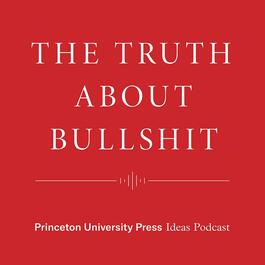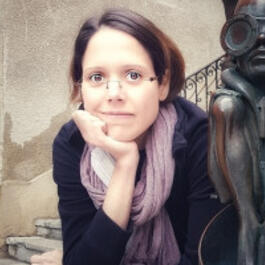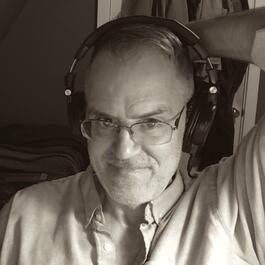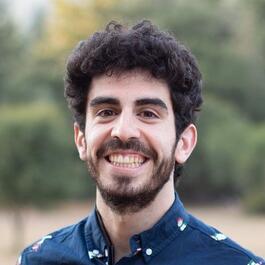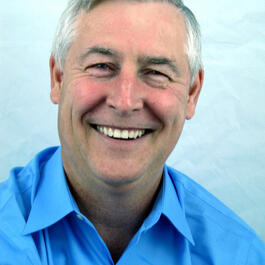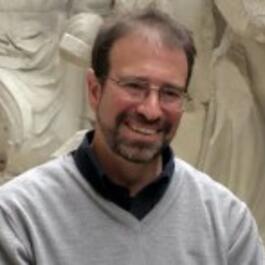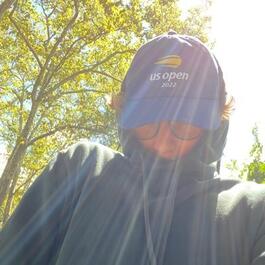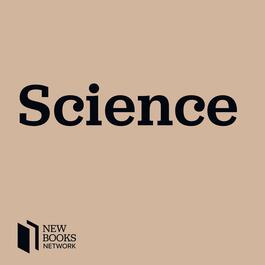
New Books in Science
Interviews with Scientists about their New Books Support our show by becoming a premium member! https://newbooksnetwork.supportingcast.fm/science
Show episodes
Today we’re continuing our series on Harry Frankfurt’s seminal work, On Bullshit. I have the privilege to speak with Arvind Narayanan co-author of the book AI Snake Oil: What Artificial Intelligence Can Do, What it Can’t, and How to Tell the Difference (Princeton University Press, 2024). Arvind is the perfect guest to

Anil Ananthaswamy, "Why Machines Learn: The Elegant Maths Behind Modern AI" (Dutton, 2024)
Machine learning systems are making life-altering decisions for us: approving mortgage loans, determining whether a tumor is cancerous, or deciding if someone gets bail. They now influence developments and discoveries in chemistry, biology, and physics—the study of genomes, extrasolar planets, even the intricacies of q
What is reliable knowledge? Listen to philosopher Michael Strevens, author of The Knowledge Machine: How Irrationality Created Modern Science, to understand how science discovers the truth. At the current moment, when expertise is under attack and the idea of truth is contested from all sides, Strevens explains the rem

Kurt D. Fausch, "A Reverence for Rivers: Imagining an Ethic for Running Waters" (OSU Press, 2025)
In A Reverence for Rivers: Imagining an Ethic for Running Waters (OSU Press, 2025), Kurt Fausch draws on his experience as a stream ecologist, his interest in Indigenous cultures, and a thoughtful consideration of environmental ethics to explore human values surrounding freshwater ecosystems. Focusing on seven rivers

Robert N. Spengler, "Nature's Greatest Success: How Plants Evolved to Exploit Humanity" (Univ of California Press, 2025)
The 15,000-year story of how grass seduced humanity into being its unwitting labor force--and the science behind it. Domesticated crops were not human creations, and agriculture was not simply invented. As Robert N. Spengler shows, domestication was the result of an evolutionary process in which people played a role on

Rene Almeling, Lisa Campo-Engelstein, Brian T. Nguyen eds., "Seminal: On Sperm, Health, and Politics" (NYU Press, 2025)
In Seminal: On Sperm, Health, and Politics, Rene Almeling, Lisa Campo-Engelstein, and Brian T. Nguyen come together across disciplines to offer a kaleidoscopic view of the relationship between sperm, health, and the intersecting politics of gender, race, and reproduction. Always insightful and often provocative, the es
